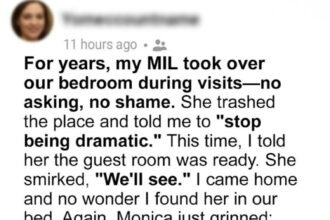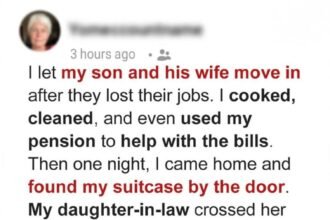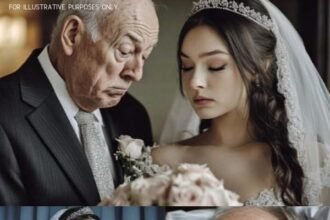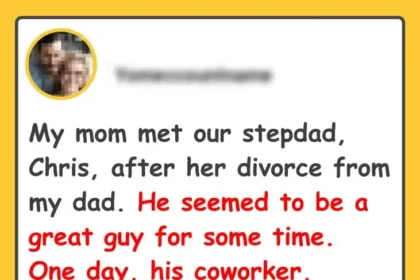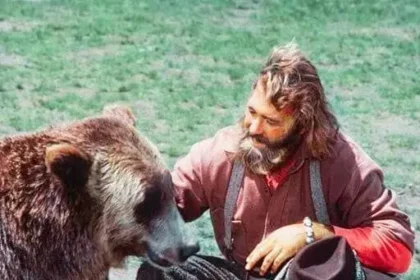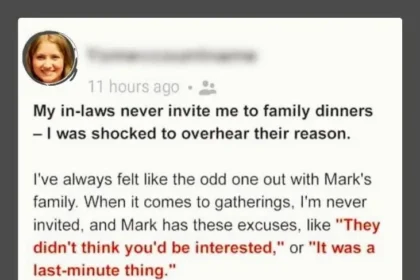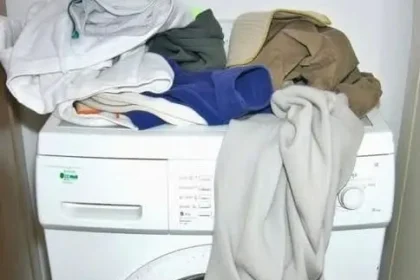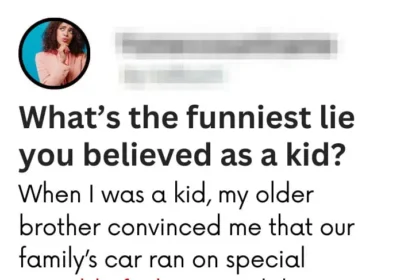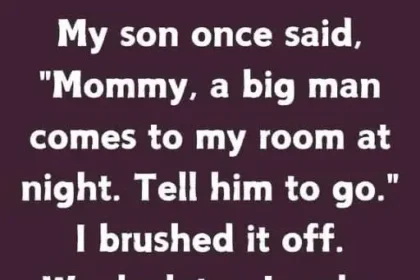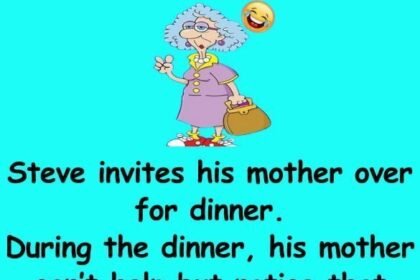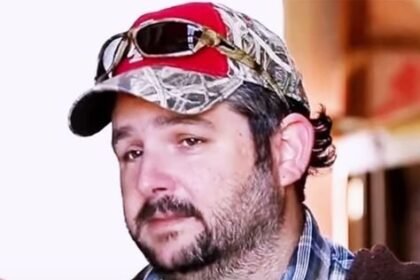… “Dana didn’t cry. She was embarrassed and uncomfortable, but she didn’t cry.
Mom cried for months.”
“But she’ll remember today,” Owen continued quietly. “Every time she thinks about her wedding day, she’ll remember feeling humiliated and out of control. Just like Mom remembers finding them together.”
I realized at that moment that my 12-year-old brother understood justice in a way that surprised me.
He didn’t want to make Dana cry or suffer terribly. He just wanted her to have one moment where she felt as powerless and embarrassed as our mother had felt. “Do you feel bad about it?” I asked him.
Owen thought for a long moment. “No. I feel like things are a little more even now.”
Now, two weeks later, our dad won’t speak to us.
He says we ruined the most important day of his life. Dana’s family is calling us “evil children” who need therapy. Meanwhile, our grandparents say we owe them both a sincere apology and that we’ve embarrassed the whole family.
But I haven’t apologized. And I won’t. Because I didn’t plan what Owen did.
I didn’t pour the powder or put it in Dana’s jacket. But I also didn’t stop it when I probably could have. I just let it happen.
And in a world where our mother’s pain was ignored, dismissed, and forgotten by everyone who should have protected her, I think that’s okay. Maybe that makes me a terrible person. Maybe I should have been the mature adult and stopped my little brother from seeking his own version of justice.
But when I think about Mom sitting alone and crying after Dad left her, I can’t bring myself to feel guilty. Am I wrong for not stopping Owen? I honestly don’t know.
But I’m not sorry either.



